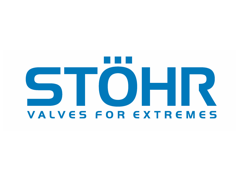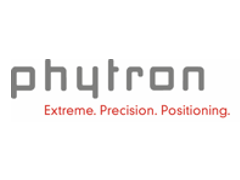Particle Colliders - Accelerating Innovation
Arena and Convention Centre Liverpool
Particle colliders - very large 'atom smashers' - such as the Large Hadron Collider at CERN are used to improve our understanding of the fundamental building blocks and forces that make up our universe. They have also proven to drive technology progress and enabled numerous applications in health, security and energy.
The EuroCirCol and Future Circular Collider (FCC) projects investigate options for a future highest energy collider. The University of Liverpool and CERN, together with partners from the FCC/EuroCirCol projects, hosted a Symposium to showcase the science and technology challenges on 22 March 2019. The aim of this special event was to explore the opportunities for co-innovation between a variety of industries including energy, health, security, transport, IT, communications, and civil engineering, as well as cryogenics, detectors and accelerator technology.
The Symposium was a fantastic public display of the FCC project and took place at the prestigious Liverpool Arena and Convention Centre near the famous Albert Dock. The event featured talks by keynote speakers that are now available to watch offline, an industry exhibition, as well as hands-on activities for the general public.

The Symposium was accompanied by an Industry Innovation Workshop in the afternoon of the 22 March 2019. The workshop focused on the strategic R&D programme of FCC, including the technological innovations envisaged within the project, and the benefits for industry in terms of project involvement and product commercialization. Working groups around each of the relevant industry sectors were formed to discuss specific opportunities for co-innovation and funding. Slides of all afternoon talks are available via this link.
This event was an ideal opportunity to get involved in one of the largest scientific and technological endeavours of the 21st century.
A large cohort of physics undergraduate students also attend the Symposium, offering the participating companies the chance to meet prospective recruits and giving the students unique insight into career opportunities after graduation.
The EuroCirCol project has received funding from the European Union’s H2020 research and innovation programme under grant No 654305.
This event was sponsored by







